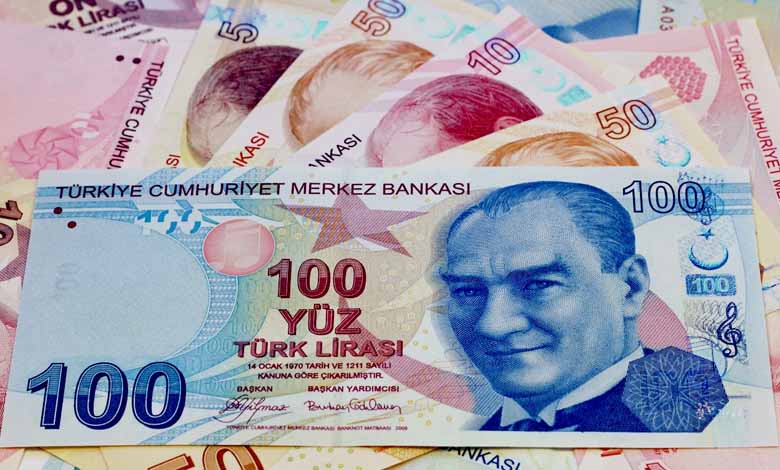The Turkish lira suffers significant losses ahead of the presidential election runoff… Details

The Turkish lira has fallen to a record 19.8050 lira per dollar since Thursday; That’s more than 1%, just days after the Turkish presidential election, which surprised the markets.
The currency lost 44% of its value in 2021 and 30% in 2022, mostly for reasons related to Erdoğan’s unconventional economic policies.
Economic reports confirmed that the Turkish lira fell to its lowest level in two months, as financial markets began trading following presidential and parliamentary elections held on Sunday.
Erdogan’s stronger-than-expected performance in the election sent shockwaves through markets betting on an end to his more than two decades of rule.
Erdogan will face his rival Kemal Kilicdaroglu in the run-off on May 28.
Turkish banks have cut loans to individuals and postponed lending decisions to companies, bankers said, following new regulations imposed by the central bank since the inconclusive presidential election, Turkey’s Zaman reported.
A few days ago, the lira fell to its lowest level in two months, as Turkey headed for a second round of presidential elections.
The Turkish lira entered the current year at a price of 18.8 lira against the dollar and about 20 lira against the common European currency. Its losses last year reached about 30%, compared to the price in early 2022 which was no more than 13.5 lira to the dollar. This year’s losses were added to the previous one in 2021, when the Turkish currency lost about 44% of its value, making it one of the most lost currencies in emerging countries.
After the lira’s exchange rate plummeted and the price inflation, by more than 150% in two years, increased Turkish living standards and increased poverty, Turkish President Recep Tayyip Erdogan promised the public a massive 45% increase in government workers’ wages after the elections.
In previous statements, Erdogan confirmed that his government is also preparing a plan to increase the minimum wage and pensions for pensioners. He pledged to increase the net wages of veterans, people affected by terrorism, and the relatives of martyrs who join the government workforce, and said that his government’s priorities have always been to protect government workers and citizens in general from the effects of inflation.
The annual inflation rate in Turkey reached the highest level in nearly a quarter of a century in October of last year, after rising on an annual basis to 85.5%, before it fell in recent months, according to data released by the Turkish State Statistics Institute. It reached 43.68% on an annual basis last April.
According to recent data from the Turkish Workers Union, poverty exceeded 13%, a figure Turks have not known for more than 20 years.












